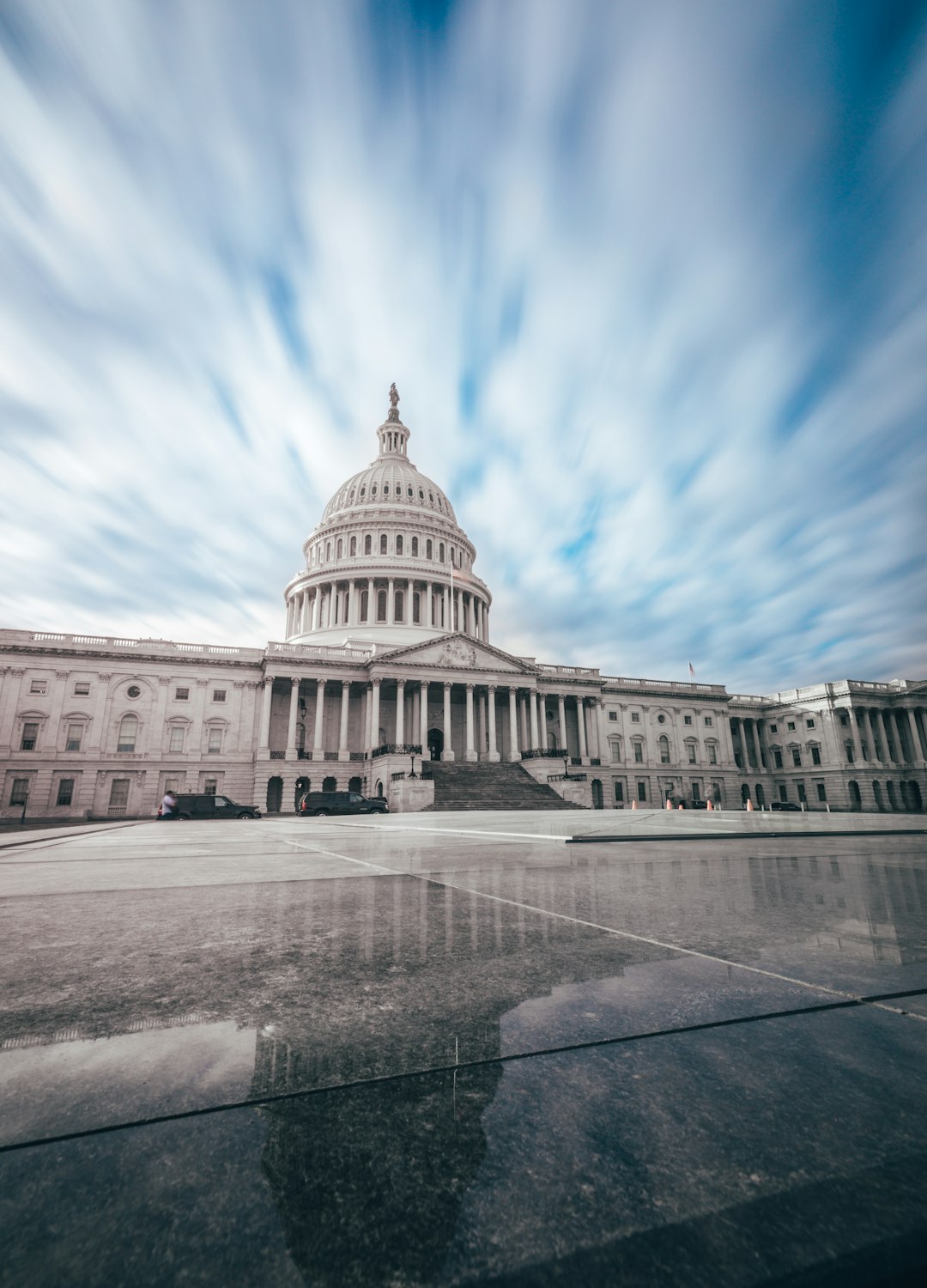Washington State residents can protect their privacy from unwanted telemarketing calls by registering on the National Do Not Call Registry and state-specific lists. However, if persistent violators include Do Not Call Law Firms using automated dialing or high-pressure sales tactics, consulting a Do Not Call Lawyer or Attorney in Washington is recommended to understand rights and take legal action for damages under federal and state laws.
In Bellingham, Washington, the Do Not Call List is a vital tool to protect residents from unwanted telemarketing calls. However, despite regulations, many businesses continue to violate these rules, causing distress and frustration among locals. This article explores common tactics used by telemarketers to bypass the Do Not Call List, while also guiding Bellingham residents on their legal recourse if they become victims of such intrusions. If you’re seeking justice or representation for Do Not Call violations in Washington state, consider consulting a dedicated Do not call lawyer or do not call attorney at a reputable do not call law firm in Washington.
Understanding the Do Not Call List in Washington State

In Washington State, including Bellingham, residents have the right to opt-out of telemarketing calls through the National Do Not Call Registry (NDNCR). This federal list prohibits telemarketers from calling telephone numbers listed on it for any purpose other than emergency purposes. The registry is designed to give consumers control over unwanted phone solicitations and protect their privacy.
If you are a resident of Washington State and want to prevent telemarketers from contacting you, the first step is to register your number with the NDNCR. Additionally, many states, including Washington, offer state-specific Do Not Call lists that further limit telemarketing calls. For those who have already been subjected to unwanted calls by telemarketers in Bellingham despite being listed on these registries, consulting a do not call lawyer or do not call attorney in Washington State is recommended. These legal professionals can guide individuals and do not call law firms in understanding their rights and pursuing legal actions against persistent violators.
Common Tactics Used by Telemarketers to Bypass Regulations

Telemarketers often employ sophisticated strategies to evade the Do Not Call lists and regulations set in place to protect consumers, like those in Bellingham, Washington. One common tactic is the use of automated dialing systems that make calls en masse, making it easier to bypass individual opt-out requests. These systems can generate thousands of calls daily, increasing the chances of reaching a potential customer who hasn’t given explicit consent.
Another frequent method involves employing live agents who follow strict scripts and quickly adapt if a call goes unanswered or a consumer expresses disinterest. They may use pressure tactics, claiming exclusive offers or limited-time deals to entice recipients into providing their contact information or agreeing to sales pitches. Some telemarketers also target individuals with false promises of winning prizes or charitable causes, taking advantage of people’s goodwill and willingness to help. These practices highlight the need for consumers to be vigilant and to consult a do not call lawyer in Washington if they feel their rights have been violated by persistent and unwanted calls from telemarketers.
Legal Recourse for Victims of Unwanted Calls: A Guide for Bellingham Residents

If you’re a Bellingham resident receiving unwanted phone calls from telemarketers despite being listed on the National Do Not Call Registry, you have legal options. A do not call lawyer or do not call attorney in Washington can help. They can guide you through your rights and pursue legal action against the offending companies on your behalf.
You might be entitled to damages under federal and state laws designed to protect consumers from persistent telemarketing harassment. Contacting a do not call law firm in Washington is a crucial step to stop the calls and seek compensation for any distress or inconvenience caused.






